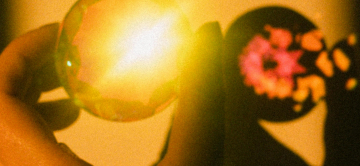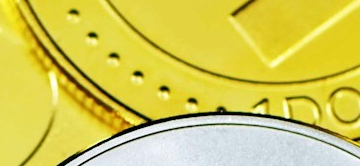When did High-Frequency Trading first appear?
The foundations of High-Frequency Trading were laid in the United States in 1969. There are three essential steps: 1969 was when the first electronic trading platform was created, in 1977 the first trading algorithm was written, and finally, in 1987, the first high-frequency trader was plugged into the Nasdaq. The phenomenon then truly developed during the first years of the new Millennium. In Europe, the practice only really took off in 2007. Nowadays, it represents between one and two thirds of the volumes exchanged in financial markets. It's a tool that has grown enormously in a little over ten years, and we are trying to understand the impacts. While numerous start-ups were appearing regularly in the early days of the phenomenon, we have seen significant consolidation in the industry in recent years.
What is the impact of this financial evolution?
It's a very complex phenomenon to analyse. The big question economists are asking is about the ability, or inability of high-frequency trading to bring liquidity to the markets. We are working with Bruno Biais and Sophie Moinas on this topic, using a huge data base we have been able to obtain from the Financial Markets Authority, which contains all the 2010 financial transactions from Euronext.
We are beginning to see some results from the calculations launched using these 60 terabytes of data, and it's looking as if high-frequency traders have a generally positive effect on the market, to the extent that they contribute liquidity and do not withdraw when price volatility is higher. Their speed enables them to stabilise the market, in other words to sell as soon a stock rises and buy as soon as it falls. What we are also showing is that prop traders, proprietary traders who buy and sell on the market for their own benefit, also provide liquidity without entering the speed race.
How were you able to obtain these data?
It took us several years, but it all began when Bruno Biais took part in a round table on the future of financial markets, just after the crisis. Certain journalists present were questioning economists' forecasting ability, and Bruno replied that it was difficult to study financial markets without the data, warning against the high-frequency trading that was beginning to develop in Europe.
Does high-frequency trading involve other risks?
.The algorithms are obviously confidential, even for the regulator, so the market is vulnerable to coding or configuration errors. The example of Knight Capital in 2012, which used a wrongly configured algorithm and lost over $400 million in a few moments, is a clear demonstration.
What are your future plans?
We are going to work with Sabrina Buti, professor at the University of Paris Dauphine, on the links between dark pools and high-frequency traders. The idea is to try to understand high-frequency trader strategy in an environment of fragmented markets. For example, are these opaque markets substitutes for more transparent central markets, or are they complementary? Do prop traders adopt the same strategies on all platforms? What effect does increased volatility have?
I've also begun to work with Régis Breton, from the Banque de France, and Jérôme Dugast of the University of Luxembourg, on the various order placement strategies used by financial intermediaries. We have obtained all the orders and financial transactions from 2005 in France, before the arrival of high-frequency trading. So it's almost a historical finance paper, but these data present a dual advantage: investment strategies are mostly the same, but in a market that is much simpler to analyse, and above all, by identifying each order and transaction, we can derive a much more detailed classification of the intermediaries. Our aim is to achieve a very precise dissection of the origin of liquidity. We believe that the results may give us a better idea of the differences between categories of investor, their strategies, and above all the conditions in which actors create and consume liquidity.
A last word about the Banque de France prize this year?
We are very proud of the prize-winners, and I am looking forward to getting them together for the ceremony and conference on 14 November. I think it will be an excellent year for this prestigious prize.




